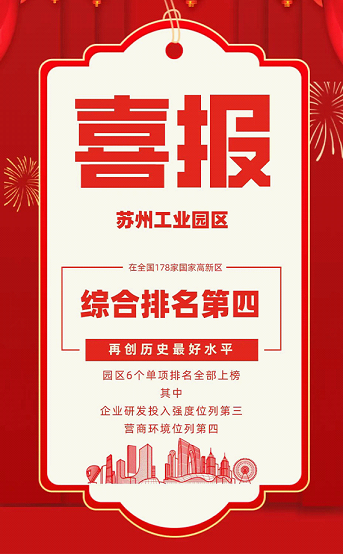
The Ministry of Industry and Information Technology of China recently announced the results of the new-round evaluation of 178 national high-tech zones across the country. SIP ranked fourth on the top 50 list in terms of comprehensive strength.
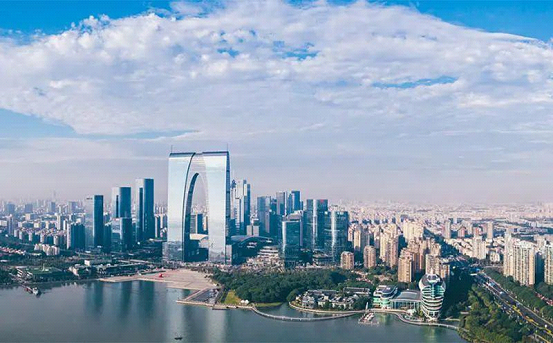
Moreover, SIP ranked among the top 20 in terms of every of six single indicators, becoming one of the only four high-tech zones with such performance in the country.
SIP’s GDP reached RMB368.6 billion last year, with a year-on-year increase of 5.9%, while the total output value of industrial enterprises above the designated size was RMB650.936 billion and total imports and exports US$86.2 billion.
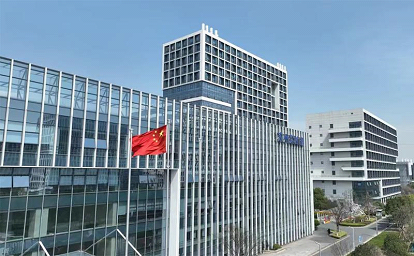
Apart from that, SIP has seen increasing innovation capability, with more research and innovation organizations established in it over the past year.
Concurrently, SIP has quickened the pace to build the industrial system consisting of six major industrial clusters and 23 key industry chains. The output values of high-tech industries and emerging industries accounted for 74.6% and 57.9% of the total output value of industrial enterprises above the designated size.
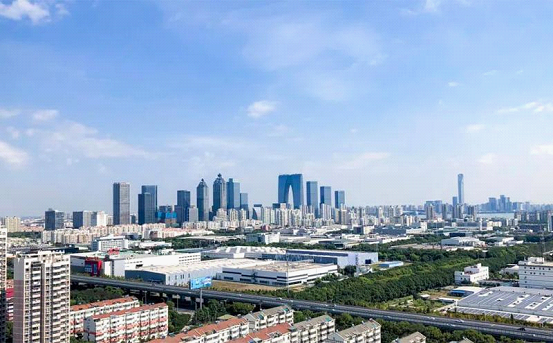
The excellent enterprises in SIP, including high-tech enterprises, listed companies and unicorn and gazelle enterprises are growing fast, and talent concentration has accelerated.
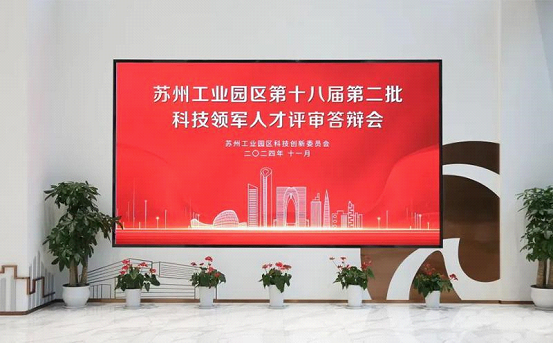
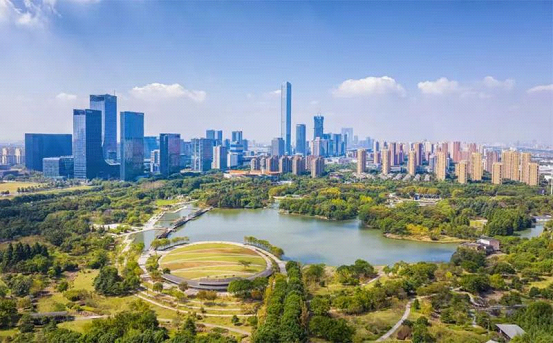
More and more enterprises in SIP have turned to sustainable development. There are three “l(fā)ighthouse factories” within the Global Lighthouse Network, and over 100 enterprises covered by green manufacturing systems at different levels. The use of clean energy accounts for over 90% of the energy consumption of the park.
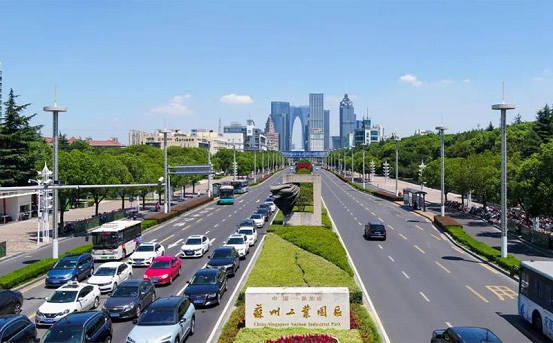
SIP has continuously played an exemplary role in reform and opening-up. The free trade zone in SIP has carried out 210 institutional innovations that play a pioneering or leading role in Jiangsu province and even the whole country, including 13 being rolled out nationwide and 53 duplicated across Jiangsu province.
The park has attracted more than 5,100 foreign-funded projects, and the actual use of foreign investment was US$40 billion.
December 25, 2024







